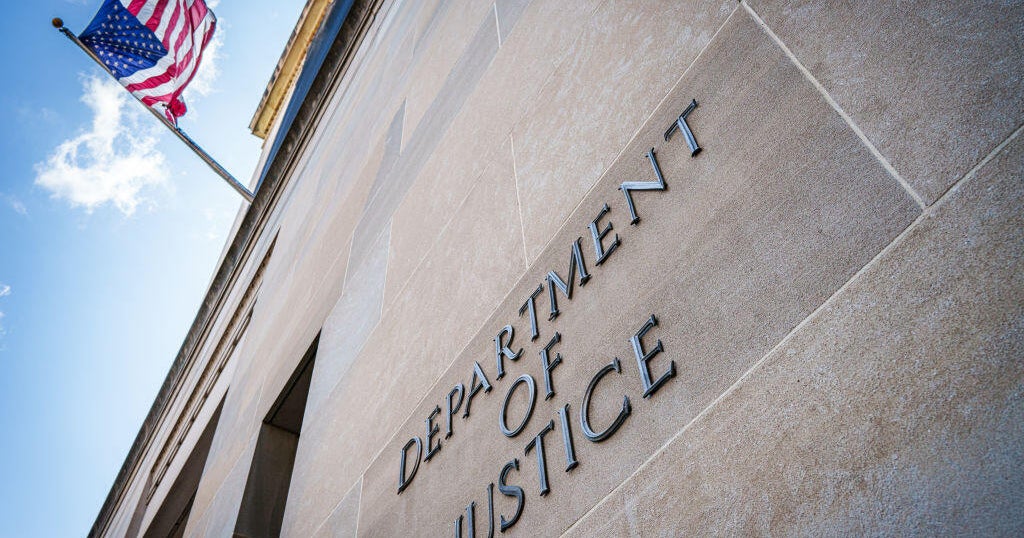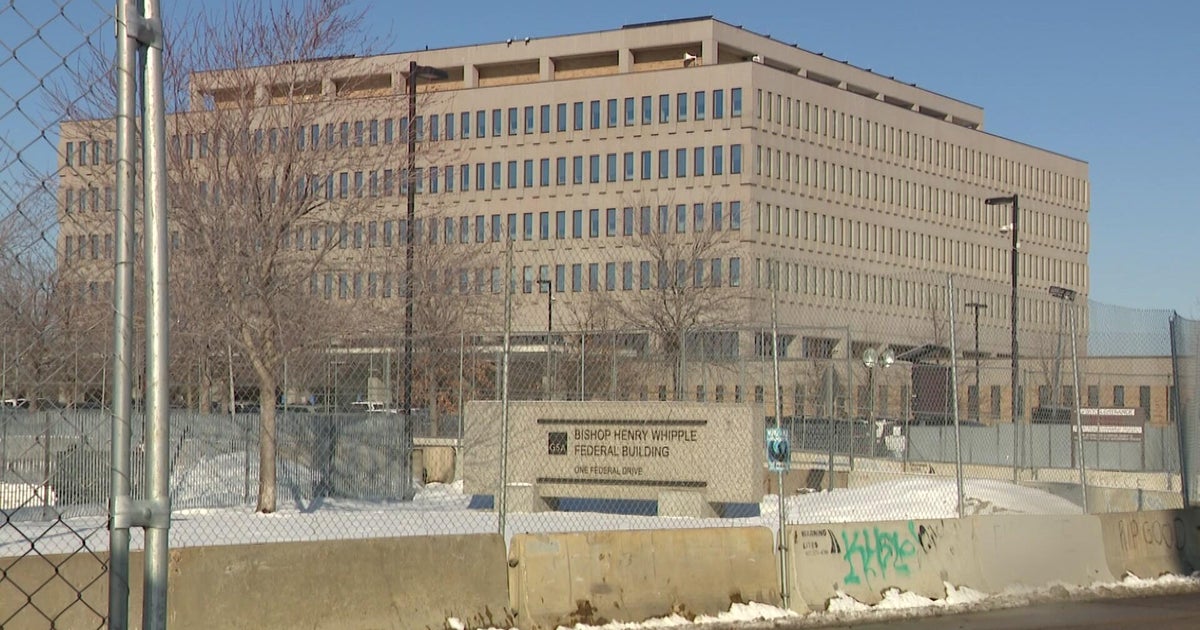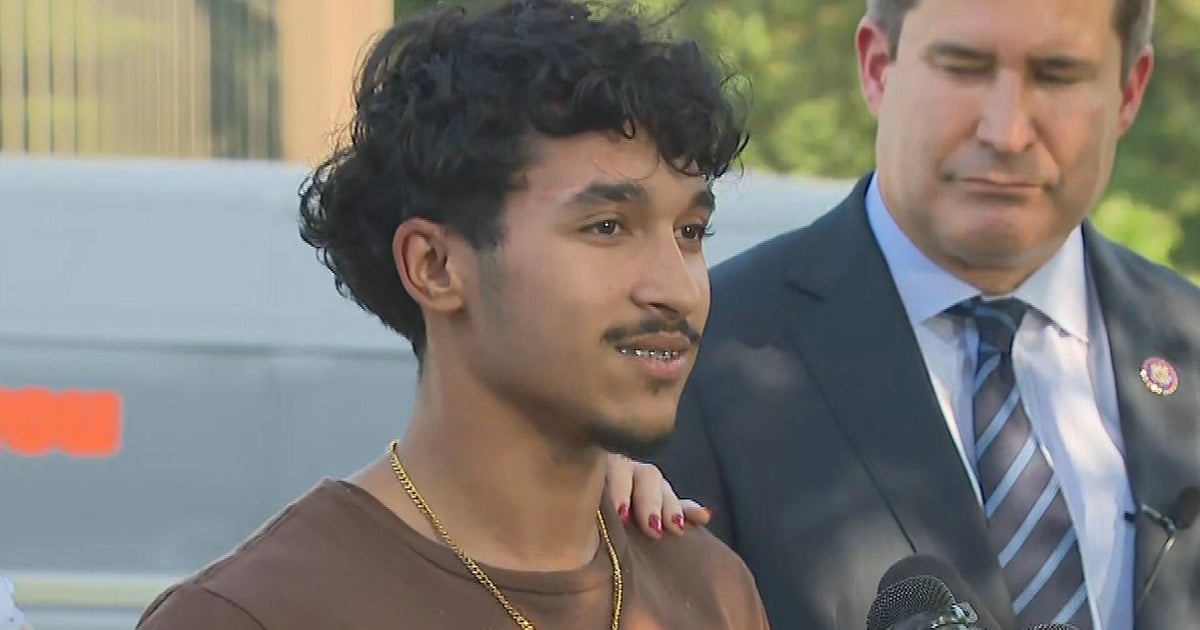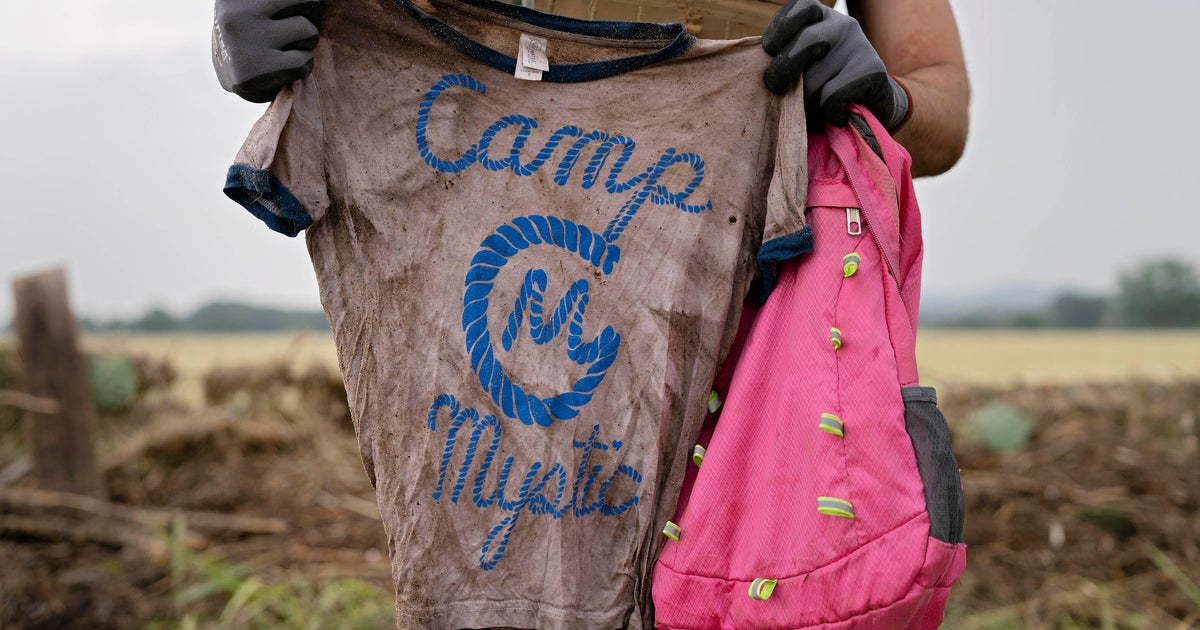ACLU Files Lawsuit Over Welfare Drug Tests
ORLANDO (CBS4) -- The American Civil Liberties Union of Florida has filed suit in federal court against a new state law that requires welfare recipients to pass a drug test.
The suit was filed on behalf of a 35-year-old Orlando resident Luis Lebron.
Lebron is a U.S. Navy veteran who has sole custody of his 4-year-old son and cares for his live-in, disabled mother. He's also a full-time University of Central Florida accounting student who was downsized out of his job in 2008.
With his veteran's benefits exhausted, Lebron applied for temporary cash assistance in July 2011. The ACLU states he meets all the criteria for assistance but refused to waive his Fourth Amendment rights against unreasonable search and seizure and submit to the newly required drug test.
"I served my country, I'm in school finishing my education and trying to take care of my son," Lebron said. "It's insulting and degrading that people think I'm using drugs just because I need a little help to take care of my family while I finish up my education."
The drug testing law requires welfare applicants to submit to and pass a urine test for drug use before receiving assistance.
The law also requires applicants to pay for the drug tests first, about $30-$35, and wait to be reimbursed by the state if they pass.
If they fail, they can't get benefits for at least a year, and could face child abuse charges.
Gov. Rick Scott signed the drug testing bill in May and it became law on July 1st.
"This law violates more than the rights guaranteed by our Constitution – it violates basic American dignity and fairness by assuming that everyone who needs help is a lazy drug abuser," said Howard Simon, Executive Director of the ACLUFL. "Ugly, disproven stereotypes make bad laws."
The ACLU also stated that early results of the drug tests show applicants use drugs at a lower rate than the population as a whole. Data from the Florida Department of Children and Families, which is responsible for implementing the law, shows that since testing began in July, 98-percent of applicants who took the test passed.
A Florida pilot program in 1999-2000 which drug tested applicants found a "failure" rate of about 5-percent. According to the 2009 National Survey on Drug Use and Health, performed by the U.S. Substance Abuse and Mental Health Services, 8.7-percent of the population nationally over age 12 uses illicit drugs.
"Floridians don't lose their Constitutional rights because they need temporary assistance," said Randy Berg, Executive Director of the Florida Justice Institute which is co-counsel in suit with the ACLUFL. "It doesn't matter how popular it is to single out a group of people to make a political statement, the rights guaranteed by the Constitution apply to everyone – even poor people – and everyone has a right to be free of suspicion less government searches."
The lawsuit names Department of Children and Families Secretary David Wilkins as defendant, since his agency administers welfare benefits and oversees the drug-testing. The suit asks the court to declare the law unconstitutional and stop the state from requiring the drug tests.
"I'm asking the Courts to protect my rights and the rights of other Floridians because this law treats me like a potential criminal for no reason at all," Lebron said.
A federal court in 2000 ruled that a similar law in Michigan, which had a suspicion less welfare drug-testing law like Florida's, was unconstitutional.







